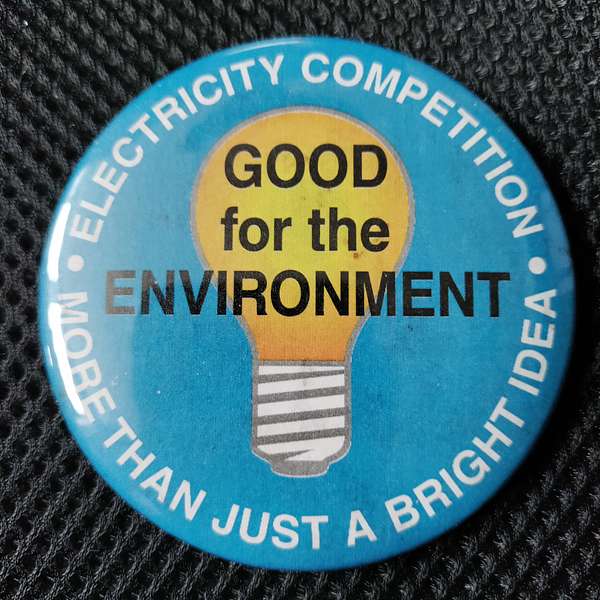
The Energy Markets Podcast
The Energy Markets Podcast
S3E14: The Nuclear Energy Institute's Matt Crozat discusses new nuclear and SMRs as part of nuclear power's role in the clean-energy transition
There's something like a couple dozen proposals now for development of small modular reactors (SMRs), widely seen as the future of nuclear power as a participant in the clean-energy transition. Publicly traded NuScale* is at the vanguard of this trend. We spoke with the Nuclear Energy Institute's Matt Crozat about the prospects for SMRs and nuclear's role in the clean-energy transition at a time when we thought the first of Georgia Power's new Vogtle nuclear power units would have already been brought online. But a "degraded hydrogen seal" was only the latest delay for the $35 billion expansion project funded by ratepayers captive to a monopoly utility supplier. We also spoke at a time when Putin's invasion of Ukraine became even more fraught amid reports Russian troops may have planted explosives at the Zaporizhzhia nuclear plant they've commandeered.
Crozat sees the prospect of new nuclear technologies and the growing acceptance among the public and policy makers of nuclear's critical role in the clean-energy transition as reasons for optimism on nuclear's future.
"We have as a starting point all of these utilities that have commitments to be carbon-free by mid-century. And that's creating a lot of pressure looking for technologies that can help bring low-carbon solutions into the portfolio, which also requires making sure you have the ability to provide the reliability and resilience to the grid that we need to have that be successful. And nuclear is standing out as one of the possible technologies that can do a lot of the roles alongside of wind and solar and batteries and these others, but it's really becoming something – it needs something that looks like nuclear to make the system work," Crozat says. "A lot of people are coming to this conclusion. At the same moment, we have new technologies that are offering nuclear in different packages than before. And it's really changing the calculus as people are approaching this as a possibility."
Our conversation touches on new nuclear, the apparent lack of investor interest in NuScale despite its regulatory progress, carbon taxes, nuclear waste disposal, competitive markets versus monopoly regulation, exporting U.S. nuclear technology, and the prospects for sabotage at Ukraine's Zaporizhzhia plant.
As for Zaporizhzhia, Crozat doubts Russia will sabotage the plant: "Russia itself has a very long-term strategic interest in having nuclear energy being a viable strategic outcome. They want to sell reactors, too."